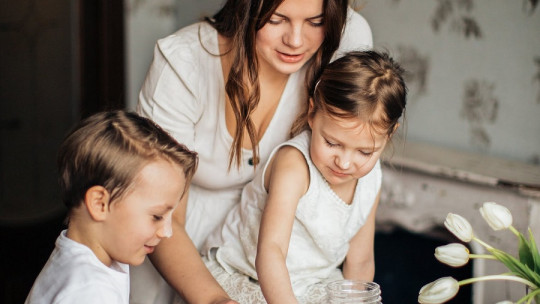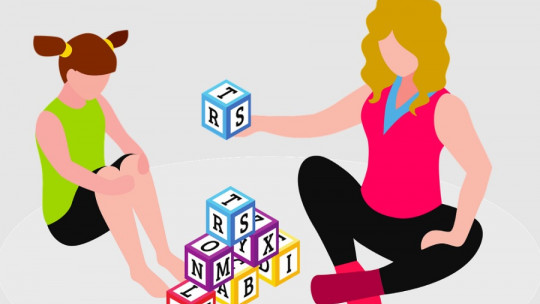When we talk about diversity, the reality is that as a general rule we focus on the protagonist boy or girl in your rights, your capabilities, your abilities and what you need for the environment, society, to recognize you.
We also focus on their parents, on the process and path they go through when receiving the news, on the need for support, to form a tribe with other families to share experiences and experiences. In the struggle they go through in all areas to feel that their son or daughter will be fine tomorrow. But there is a fundamental part of the family that should be talked about more and contemplated more. Brothers.
It is true that more and more Associations and Foundations, Entities, keep in mind this indispensable member of the family. From them, meetings, training, places are organized to learn about other realities, share and recognize each other. They express the benefits that these meetings entail.
In this article, we want take into account the brothers and sisters who live together in diversity and respond to some important aspects that occur within the family nucleus.
Brothers living in diversity
A brother/sister, by definition, is one of the most important ties we have within the family nucleus. As a general rule, a strong bond is created with our brother/sister. He is our equal and at the same time he can be our greatest protector or the person whom we cannot help but feel that we must take care of
A brother/sister in diversity may be confused within all these emotions, for not understanding the situation that exists in the family. Feeling that your brother is not like him/her in some things can produce doubts and uncertainty Not understanding why times are different for one or another. Perhaps you may even feel jealous, due to the greater need for care that your brother/sister with diversity has.
Faced with all these emotions, the family must try to keep in mind and respond to all possible situations that arise over time, but especially in the first stage of its development and thus ensure a climate of trust, dialogue and connection.
Here we suggest some tips to keep in mind to be able to accompany your brother/sister in this process that they also go through.
1. Answering all the questions that arise is perhaps the most important thing
It is necessary to adapt to their maturational level to be able to do so and adjust the information so that it is understandable.
2. Recognize your own limitations together
Perhaps, at certain times we do not have the answer to the concern they raise, and at those times we must Also explain that there are things we don’t know about health, the future, etc
3. Don’t give up quality time together
Sometimes, the siblings’ moments of leisure/attention are reduced due to therapies, sessions or care for the sibling with diversity. This aspect is very important to take into account, and to to be able to compensate for those times we can propose moments of exclusive care for the sibling, special family activities or leisure alternatives that can fit into the family dynamic.
4. Recognize that jealousy can arise
We must also recognize the possible appearance of jealousy, due to attention, occasional overprotection, or dedication towards the brother/sister with diversity In this sense, it is necessary:
5. Adapt to your pace of development
Must avoid overloading the brother/sister with responsibilities that do not correspond to their age or stage of maturation or life You are a child or adolescent and as such you must follow a lifestyle appropriate to your age.
6. Recognize progress
And lastly, but perhaps a very important aspect, is give value and recognize the achievements they achieve
Sometimes, we can fall, without realizing it, into recognizing the achievements of children with diversity and not giving as much value to those achieved by the sibling.









